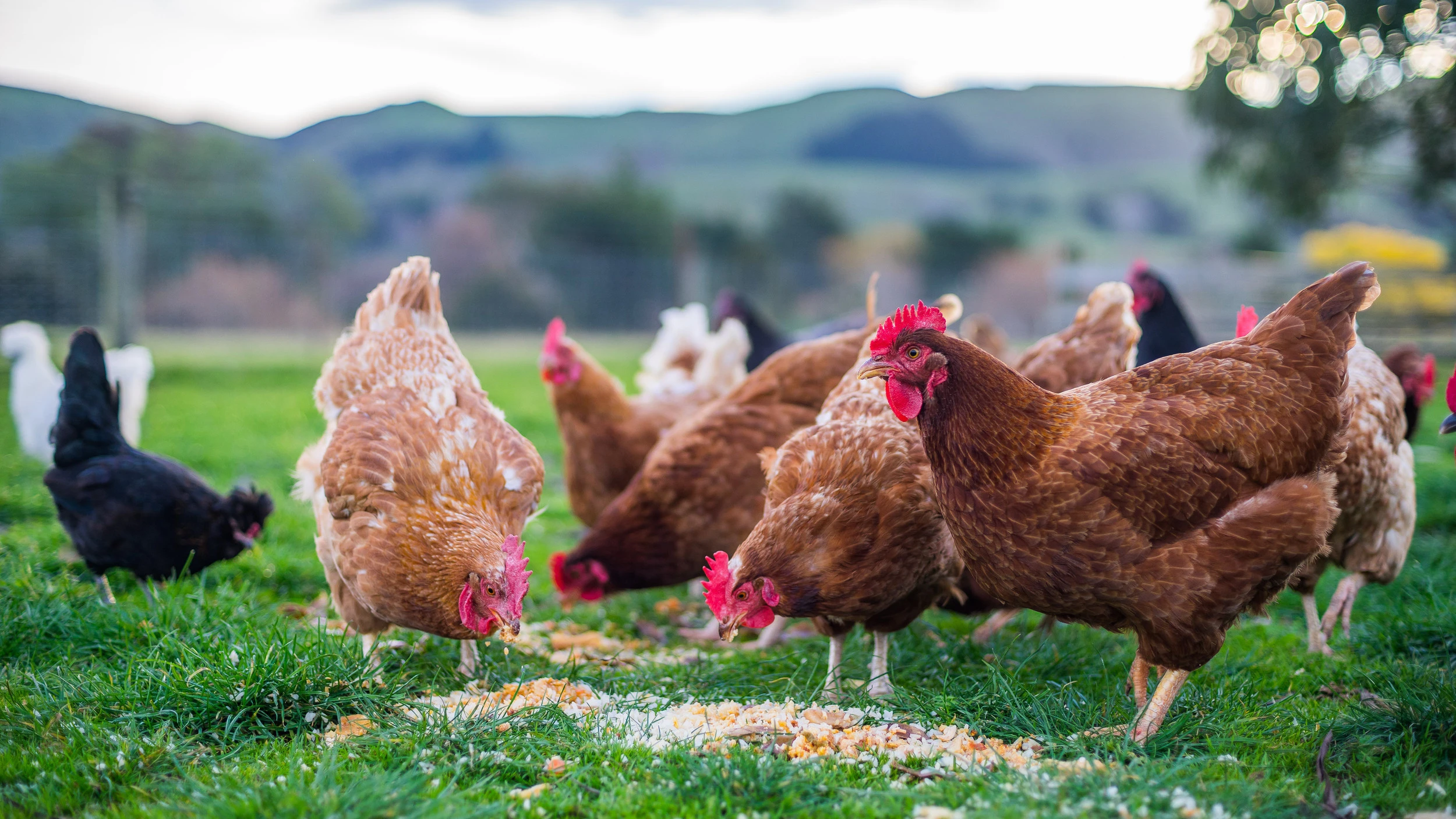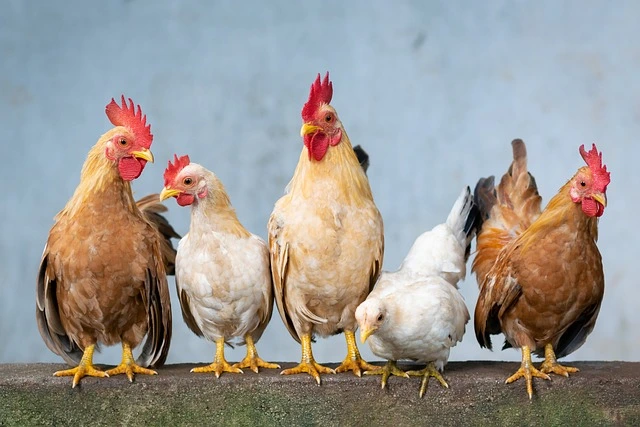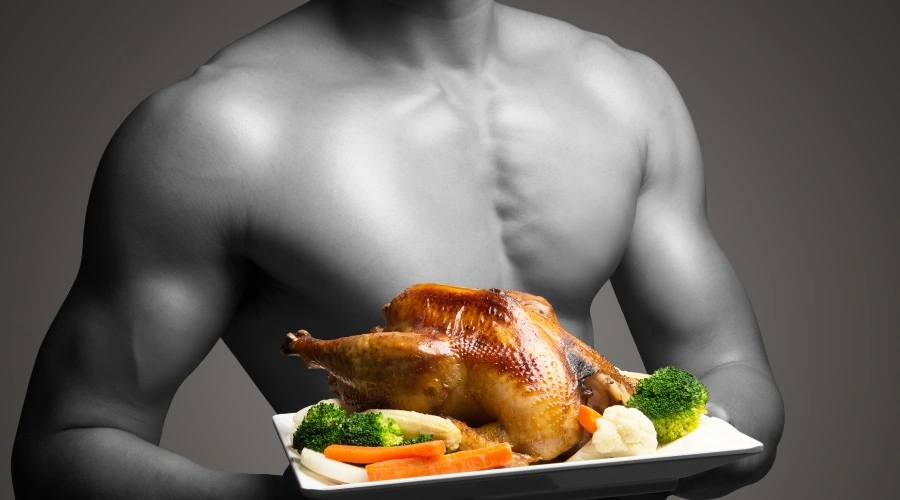Raising healthy chickens in Pakistan is not only a rewarding endeavor but also a vital source of fresh eggs and meat for many households. Whether you’re a seasoned poultry farmer or just starting, there are essential practices you should follow to ensure the well-being of your feathered friends. In this guide, we’ve gathered expert opinions to help you navigate the ins and outs of chicken farming in Pakistan, from choosing the right breed to providing optimal care and nutrition.

Table of Contents
Choosing the Right Breed
Selecting the right breed of chickens is the first step toward raising healthy poultry. In Pakistan, some popular choices include:
Desi Chickens
Desi chickens are native to Pakistan and well-suited to the local climate. They are hardy, adaptable, and known for their tasty meat and eggs. Desi chickens are an excellent choice for beginners as they require minimal care.
Rhode Island Red
Rhode Island Reds are a popular choice for egg production. They lay brown eggs and are known for their docile nature. These chickens thrive in Pakistan’s moderate climate and can adapt well to both free-range and confined environments.
Australorps
Australorps are another excellent option for egg production. They hold the world record for laying the most eggs in a year. These chickens are known for their calm temperament and are well-suited to Pakistan’s conditions.
When selecting your breed, consider your goals, climate, and available resources.
Providing Adequate Housing
A comfortable and safe coop is crucial for your chickens’ health and well-being. Here are some essential aspects to consider:
Proper Ventilation
Good ventilation helps prevent the buildup of moisture and ammonia in the coop, which can lead to respiratory issues. Ensure your coop has windows or vents for fresh air circulation.
Adequate Space
Chickens need space to move around, stretch their wings, and lay eggs comfortably. Provide at least 2-3 square feet of space per chicken in the coop.
Nesting Boxes
Install nesting boxes where your hens can lay eggs. These should be dark, quiet, and easily accessible to prevent stress and encourage egg-laying.
Feeding Your Chickens
A well-balanced diet is crucial for the health and productivity of your chickens. Experts recommend:
Quality Feed
Invest in high-quality chicken feed that contains the necessary nutrients. You can find commercial poultry feed or create your blend using grains, protein sources, and supplements.
Fresh Water
Ensure your chickens have access to clean, fresh water at all times. Dehydration can lead to various health issues, so regular water checks are essential.
Grit and Oyster Shells
Provide grit to help your chickens digest food and oyster shells to strengthen eggshells. These items should be available in separate containers for your birds.
Health Maintenance
Regular health checks are vital to detect and prevent illnesses in your flock. Here’s what you should do:
Vaccinations
Consult with a poultry veterinarian to determine the appropriate vaccination schedule for your chickens. Common vaccinations in Pakistan include Newcastle disease and Infectious Bronchitis.
Parasite Control
Chickens are susceptible to parasites like mites and worms. Use appropriate treatments to keep these pests at bay, and regularly clean and disinfect the coop.
Quarantine New Birds
If you introduce new chickens to your flock, quarantine them for a few weeks to ensure they are disease-free. It prevents the spread of infections to your existing birds.
Handling and Socializing
Proper handling and socializing can help your chickens become more docile and comfortable around humans. Spend time with them regularly and avoid sudden movements or loud noises that can stress them.
Ensuring Safety
Chickens face various threats, including predators and extreme weather conditions. Here’s how to protect them:
Secure Coop
Fortify your coop to prevent access by predators like foxes, rats, and snakes. Use sturdy locks and wire mesh to keep your chickens safe at night.
Shade and Shelter
Provide shade and shelter to protect your chickens from extreme heat and cold. Adequate shade can prevent heat stress during scorching Pakistani summers.
Egg Collection and Storage
Collect eggs daily to ensure they are clean and fresh. Store eggs in a cool, dry place, and use them within a reasonable time to maintain their quality.
Marketing and Selling
If you have surplus eggs or meat, consider selling them to local markets or directly to consumers. Ensure you meet all legal requirements and maintain proper hygiene standards when processing and selling your products.
Conclusion
Raising healthy chickens in Pakistan requires dedication, knowledge, and proper care. By choosing the right breed, providing suitable housing, offering a balanced diet, and maintaining regular health checks, you can ensure the well-being of your feathered companions.
Remember to protect your chickens from predators, socialize with them, and follow best practices for egg collection and storage. With these expert opinions in mind, you’ll be well on your way to a successful and rewarding chicken farming experience in Pakistan. Happy farming!




